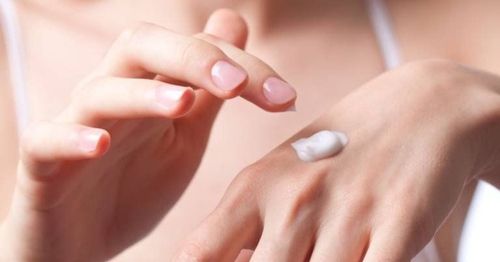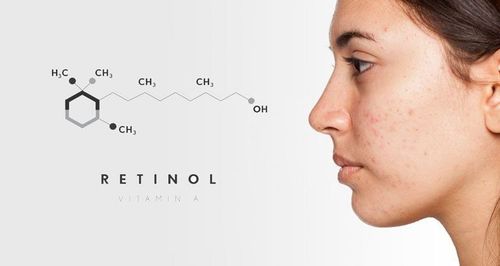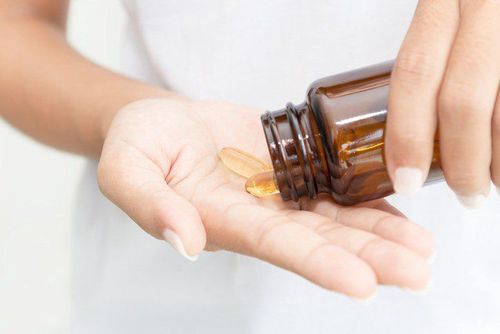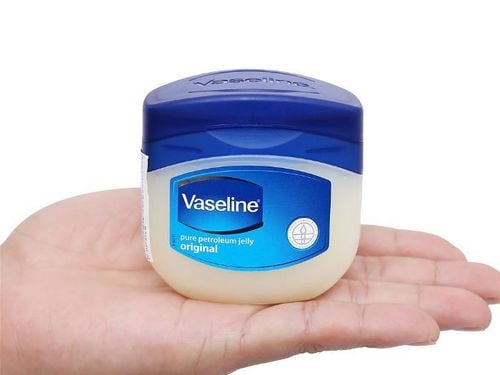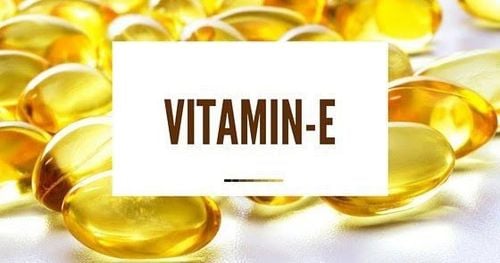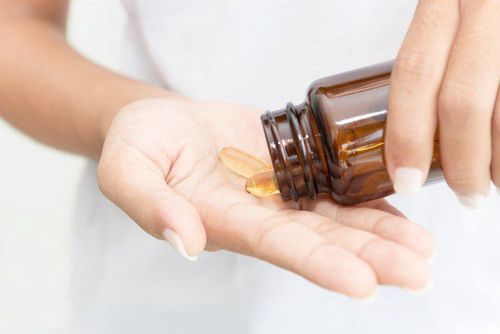This is an automatically translated article.
Vitamin E is an important micronutrient, holding many vital functions for health and beauty. Therefore, vitamin E is very popular and often used by women to beautify the skin and fight aging. So how to take vitamin E safely and effectively? Let's answer in detail through the information in the article below.
1. What are the health benefits of Vitamin E?
Vitamin E is one of the essential micronutrients for health and beauty. According to experts, vitamin E supplementation helps bring the following great benefits:
Reduces the risk of vitamin E deficiency in patients with fibroids, cysts or digestive problems. Helps improve skin for women, enhances collagen production, keeps skin youthful, smooth and prevents wrinkles from forming prematurely due to aging. Vitamin E supplements help prevent hair loss, dry hair. Taking vitamin E helps improve dark skin conditions, melasma or freckles in women. Very good support for the healthy development of the fetus in the womb, thereby significantly reducing the risk of miscarriage or premature birth. Preventing stretch marks after giving birth in pregnant women, helping women to be more confident and beautiful. Reducing symptoms of menopause, such as menstrual disorders, hot flashes,... Proper vitamin E supplementation helps women improve psycho-physiology effectively. See now: Why does the body need vitamin E supplements?
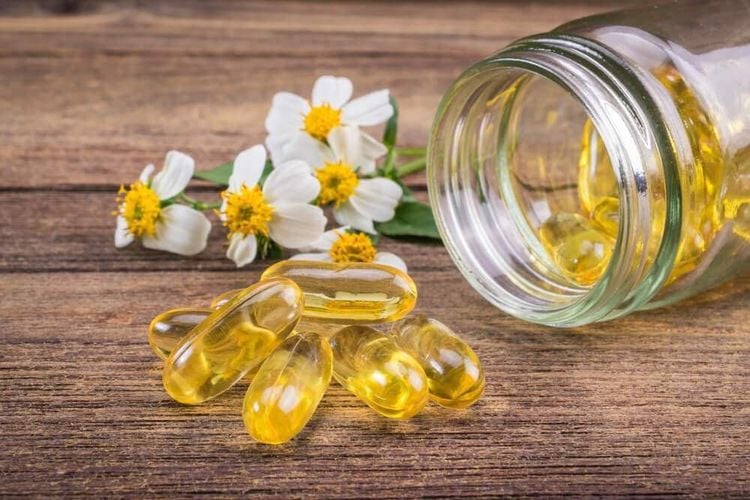
Cách uống vitamin E hợp lý sẽ đem lại những lợi ích cho người dùng
2. How to take vitamin E safely and effectively
In fact, not everyone knows how to take vitamin E for the best absorption by the body. As recommended by experts, vitamin E is a fat-soluble vitamin, so your body needs to ensure enough fat for the supplement to be effective. For example, the body will absorb more vitamin E when you saute sprouts with a little vitamin E-containing cooking oil instead of eating raw sprouts.
Here are important notes on how to take vitamin E safely and effectively, including:
The daily requirement of vitamin E for an adult is about 15mg. Avoid taking or injecting high doses of vitamin E intravenously. This can lead to serious, even fatal, side effects. For healthy people, vitamin E should only be supplemented through food, avoiding synthetic forms. According to nutrition experts, food sources of vitamin E are abundant, including soybeans, wheat germ, bean sprouts, sunflower oil, rice germ, milk, eggs, fish, meat, green vegetables, some fruits. tree,... People with diabetes, blood fat, high blood pressure, dry skin or brittle hair should only take vitamin E supplements when prescribed by a doctor. Only use vitamin E topically on people with aging or dry skin. People with oily or oily skin should not use topical vitamin E because it can cause acne. Watch now: Vitamin E and reasonable vitamin E supplementation
3. How long should vitamin E be taken?
So how long should you take vitamin E to achieve high efficiency and avoid side effects? According to the recommendations of leading experts, women after the age of 30 should only supplement with synthetic vitamin E tablets every day for 1-2 months, then stop for a while and then use them again. Moreover, taking vitamin E should also only be for those whose diet is deficient in this vitamin or who have dry skin.
For patients with high blood pressure, diabetes, liver disease, dyslipidemia, kidney failure, allergies, cancer, autoimmune disease, chronic inflammation,... need to supplement with vitamin E every day? more than 400 IU. In addition, these subjects should only take vitamin E 1-2 months apart and take a break and then continue using it. However, people who are healthy and do not have health problems may not need to take vitamin E, but should only get it through their daily diet.
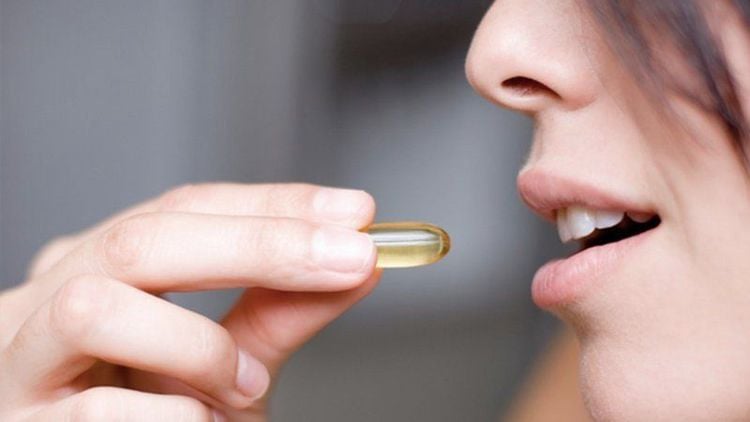
Bạn nên hỏi ý kiến nhân viên Y tế về cách uống vitamin E để đạt hiệu quả cao
4. Is it dangerous to take an overdose of vitamin E?
Although vitamin E is relatively safe for the body, an overdose can lead to many serious health consequences such as fatigue, headache, nausea, vomiting or a mild rash. Besides, some people using vitamin E overdose also experience severe symptoms such as weakness, abdominal pain, digestive disorders, bleeding, easy bruising of the skin or vision impairment,... However, these symptoms may lessen and go away when you stop taking vitamin E. If your health problems don't improve after stopping use, you should see your doctor to confirm. Identify the cause as well as specific treatment.
In addition to the above side effects, an overdose of vitamin E can increase blood clotting time as well as antagonize vitamin K. Moreover, the interaction with aspirin also interferes with platelet aggregation. , if combined with long-term estrogen can lead to the formation of blood clots. Therefore, the safest way to take vitamin E is not to abuse it and only supplement the dose prescribed by the doctor.
Follow Vinmec International General Hospital website to get more health, nutrition and beauty information to protect the health of yourself and your loved ones in your family.
Please dial HOTLINE for more information or register for an appointment HERE. Download MyVinmec app to make appointments faster and to manage your bookings easily.




